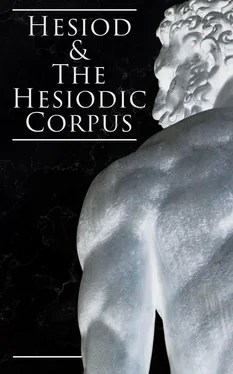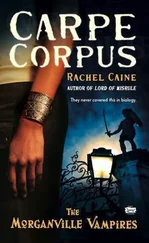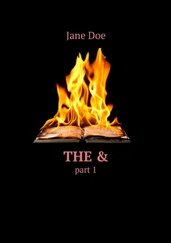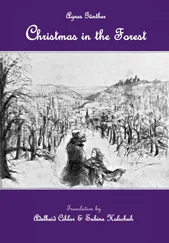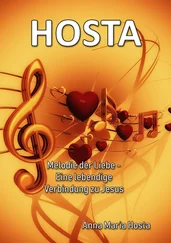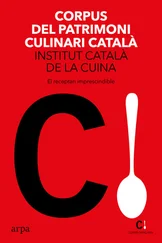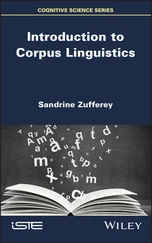At the close of the Shield Heracles goes on to Trachis to the house of Ceyx, and this warning suggests that the Marriage of Ceyx may have come immediately after the ‘Or such as was’ of Alcmena in the Eoiae : possibly Halcyone, the wife of Ceyx, was one of the heroines sung in the poem, and the original section was “developed” into the Marriage , although what form the poem took is unknown.
Next to the Eoiae and the poems which seemed to have been developed from it, it is natural to place the Great Eoiae . This, again, as we know from fragments, was a list of heroines who bare children to the gods: from the title we must suppose it to have been much longer that the simple Eoiae , but its extent is unknown. Lehmann, remarking that the heroines are all Boeotian and Thessalian (while the heroines of the Catalogues belong to all parts of the Greek world), believes the author to have been either a Boeotian or Thessalian.
Two other poems are ascribed to Hesiod. Of these the Aegimius (also ascribed by Athenaeus to Cercops of Miletus), is thought by Valckenaer to deal with the war of Aegimus against the Lapithae and the aid furnished to him by Heracles, and with the history of Aegimius and his sons. Otto Muller suggests that the introduction of Thetis and of Phrixus (frags. 1-2) is to be connected with notices of the allies of the Lapithae from Phthiotis and Iolchus, and that the story of Io was incidental to a narrative of Heracles’ expedition against Euboea. The remaining poem, the Melampodia , was a work in three books, whose plan it is impossible to recover. Its subject, however, seems to have been the histories of famous seers like Mopsus, Calchas, and Teiresias, and it probably took its name from Melampus, the most famous of them all.
Date of the Hesiodic Poems
Table of Contents
There is no doubt that the Works and Days is the oldest, as it is the most original, of the Hesiodic poems. It seems to be distinctly earlier than the Theogony , which refers to it, apparently, as a poem already renowned. Two considerations help us to fix a relative date for the Works . (1) In diction, dialect and style it is obviously dependent upon Homer, and is therefore considerably later than the Iliad and Odyssey : moreover, as we have seen, it is in revolt against the romantic school, already grown decadent, and while the digamma is still living, it is obviously growing weak, and is by no means uniformly effective.
(2) On the other hand while tradition steadily puts the Cyclic poets at various dates from 776 B.C. downwards, it is equally consistent in regarding Homer and Hesiod as “prehistoric”. Herodotus indeed puts both poets 400 years before his own time; that is, at about 830-820 B.C., and the evidence stated above points to the middle of the ninth century as the probable date for the Works and Days . The Theogony might be tentatively placed a century later; and the Catalogues and Eoiae are again later, but not greatly later, than the Theogony : the Shield of Heracles may be ascribed to the later half of the seventh century, but there is not evidence enough to show whether the other “developed” poems are to be regarded as of a date so low as this.
The Contest of Homer and Hesiod
Table of Contents
This curious work dates in its present form from the lifetime or shortly after the death of Hadrian, but seems to be based in part on an earlier version by the sophist Alcidamas (c. 400 B.C.). Plutarch ( Conviv. Sept. Sap. , 40) uses an earlier (or at least a shorter) version than that which we possess 1118. The extant Contest , however, has clearly combined with the original document much other ill-digested matter on the life and descent of Homer, probably drawing on the same general sources as does the Herodotean Life of Homer . Its scope is as follows: (1) the descent (as variously reported) and relative dates of Homer and Hesiod; (2) their poetical contest at Chalcis; (3) the death of Hesiod; (4) the wanderings and fortunes of Homer, with brief notices of the circumstances under which his reputed works were composed, down to the time of his death.
The whole tract is, of course, mere romance; its only values are (1) the insight it give into ancient speculations about Homer; (2) a certain amount of definite information about the Cyclic poems; and (3) the epic fragments included in the stichomythia of the Contest proper, many of which—did we possess the clue—would have to be referred to poems of the Epic Cycle.
Конец ознакомительного фрагмента.
Текст предоставлен ООО «ЛитРес».
Прочитайте эту книгу целиком, купив полную легальную версию на ЛитРес.
Безопасно оплатить книгу можно банковской картой Visa, MasterCard, Maestro, со счета мобильного телефона, с платежного терминала, в салоне МТС или Связной, через PayPal, WebMoney, Яндекс.Деньги, QIWI Кошелек, бонусными картами или другим удобным Вам способом.
